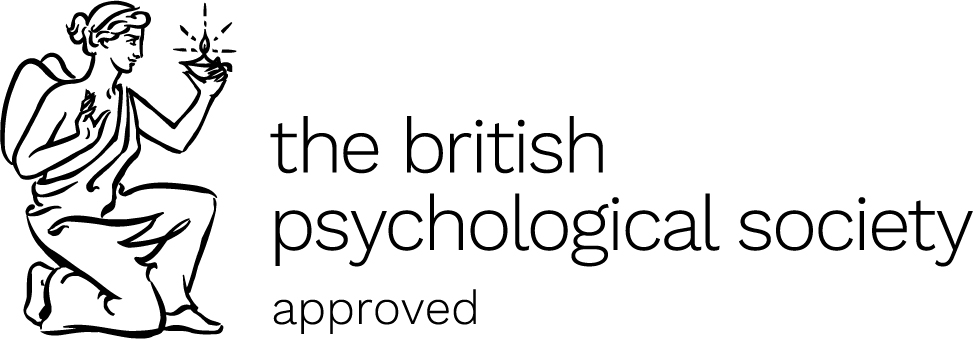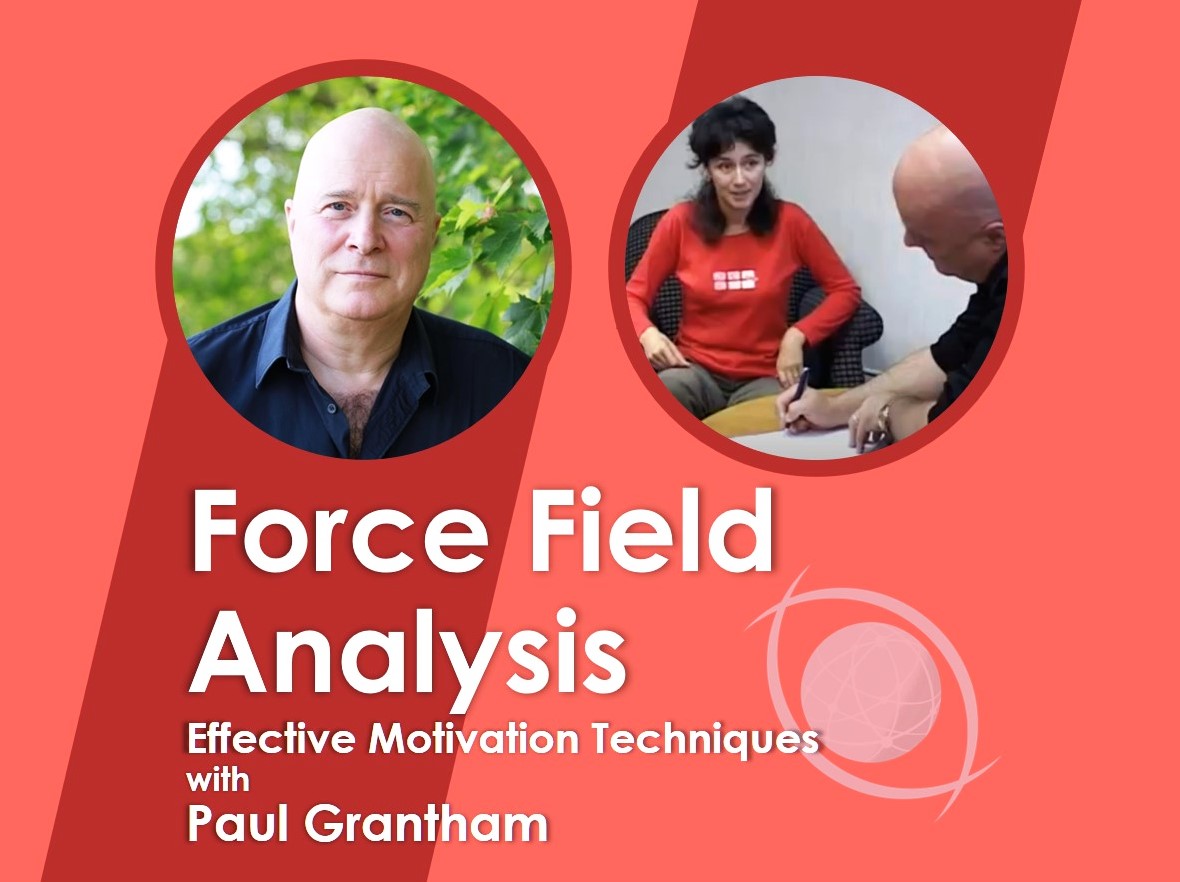
Course Brief
CLICK HERE TO BOOK
This two-day online training course introduces students to Motivational Interviewing (MI) whilst also addressing additional evidence based motivational issues and strategies.
You’ll be taken through a range of techniques, strategies and tips designed to improve your motivational skills whatever your client group – from treatment non-compliance (with the particular emphasis on the issue of motivating antagonistic clients and low mood/inactive clients) through dealing with offending behaviour to working with those with severe mental health problems.
The course is essential for practitioners working with a wide range of client groups – from adolescents to older people; from offenders to those with mental health problems.
Approved by the British Psychological Society for the purposes of Continuing Professional Development (CPD). Can be taken as an individual two-day course or as a part of a Certificate in Resource Based Therapies.
CLICK HERE TO BOOK
This evidence-based training covers the following issues:
- Practical ideas from MI, environmental psychology and learning theory
- Why information-giving often doesn’t work as a motivational strategy
- How arousal level is related to motivation and what to do about it
- The unrecognised problem of “understandability” and motivation
- How to motivate clients who do not want to talk to you or even be in the same room as you!
- How what your client SAYS increases what they DO afterwards…and how to elicit it!
- How to prevent and manage resistance more effectively
- Effective evidence-based strategies for all practitioners - whether working in long term therapeutic relationships or with brief 5 minute contacts
The online course comprises of:
- A full recording of live 2 day training with Paul Grantham, one of the best tutors on Motivation in the UK
- 10 additional video demonstrations/illustrations, including the full 40 min training video on Force Field Analysis
- 6 exercises with feedback
- 13 additional reading materials, including journal articles and worksheets
- 6 online tests
Course outline:
- How do we currently try to motivate clients
- Outline of common styles
- Strengths and limitations of such styles
- Discussion
- Arousal & Motivation
- Yerkes-Dodson & the 21st century
- Why are ‘low energy’ clients unmotivated and what can be done about it?
- Force-Field Analysis: A powerful tool for assessing & increasing motivation
- Stages of change model & implications for motivational strategies
- The MI process of Engage, Focusing, Evoking & Planning
- Pre-Contemplators: The forgotten client group
- Why do we have totally unmotivated clients
- General principles for motivating "unmotivated clients"
- "Depressed", "Inactive" & "Low Energy" clients
- "Rebellious", "Compulsory Attendance" clients…or ones who simply hate you
- Video illustration
- The use of OARS (Open Questions, Affirmations, Reflections & Summary)
- Working with uncertain or ambivalent clients
- Key principles and attitudes on information giving and handling resistance
- The role of change statements and how to elicit them
- Working with clients with variable motivation. Video illustration
- Goal setting & Feedback For Increasing Motivation
- Powerful tools for good and bad
- Making goal setting more effective
- Increasing the effectiveness of feedback
- Understanding Maintenance of Change and ensuring that your work with clients is not simply a pattern of repeated change followed by repeated relapse
- The role of practice, routines and rituals
- Social support as a key success factor
- Handling relapse
This Course is now available as a full recording with an online test via SDS Online Video Training (OVT) or as Online course
Title: Motivational Interviewing & Beyond
Modality: Motivational Interviewing
CPD Hours Attached: 14 CPD Hours
CLICK HERE TO BOOK
Click here for the full SDS Accreditation terms for the BPS Approved Certificate in Resource Based Therapies: https://skillsdevelopment.co.uk/certificates/resource_based_therapy/
Course Tutor
Testimonials
Recommended Materials

Practical Approaches to Motivating Clients: A Workbook of Essential Motivational Skills for Therapists
Clients often find change very difficult whether it is due to being stuck in repetitive cycles, low self-worth or simply fear of the unknown.
This book is a collection of IDEAS, TIPS and TECHNIQUES based on decades of practice experience plus the thoughts of the very best counsellors and psychotherapists. In some ways - it is not just a book in the traditional sense. It is a PRACTICAL LEARNING PROGRAMME that will enable you to use your new skills with your clients straightaway. Take this book with you to work and do some exercises straight after seeing a particularly unmotivated client, it will help you to find a way forward with them. Write in the book, answer questions, ask your own, use it as a practical tool and it will help you to be more effective in your everyday work. Furthermore, if you find any of the steps particularly useful or, perhaps, confusing - write to us at info@sds-seminars.com and share your views. If you can come up with additional steps for this programme, feel free to share them with us and we will be happy to mention you in future publications.
Praise for this learning programme: "I really enjoyed doing the programme on Client Motivation and I have referred to the information on a regular basis. I have particularly found the use of scaling to increase client motivation (wherein the client rates their ability or confidence to handle the issue as opposed to the issue itself) particularly effective when working with anxiety related issues. The size of the study and the way it was staggered meant it was both achievable and consolidating. Thank you!" Tracy Nolan, Counsellor

Effective Motivation Techniques: Force Field Analysis
A practical video demonstration of this innovative psychological intervention for use with clients, combined with comprehensive comments and reflections from Paul Grantham, Consultant Clinical Psychologist.




